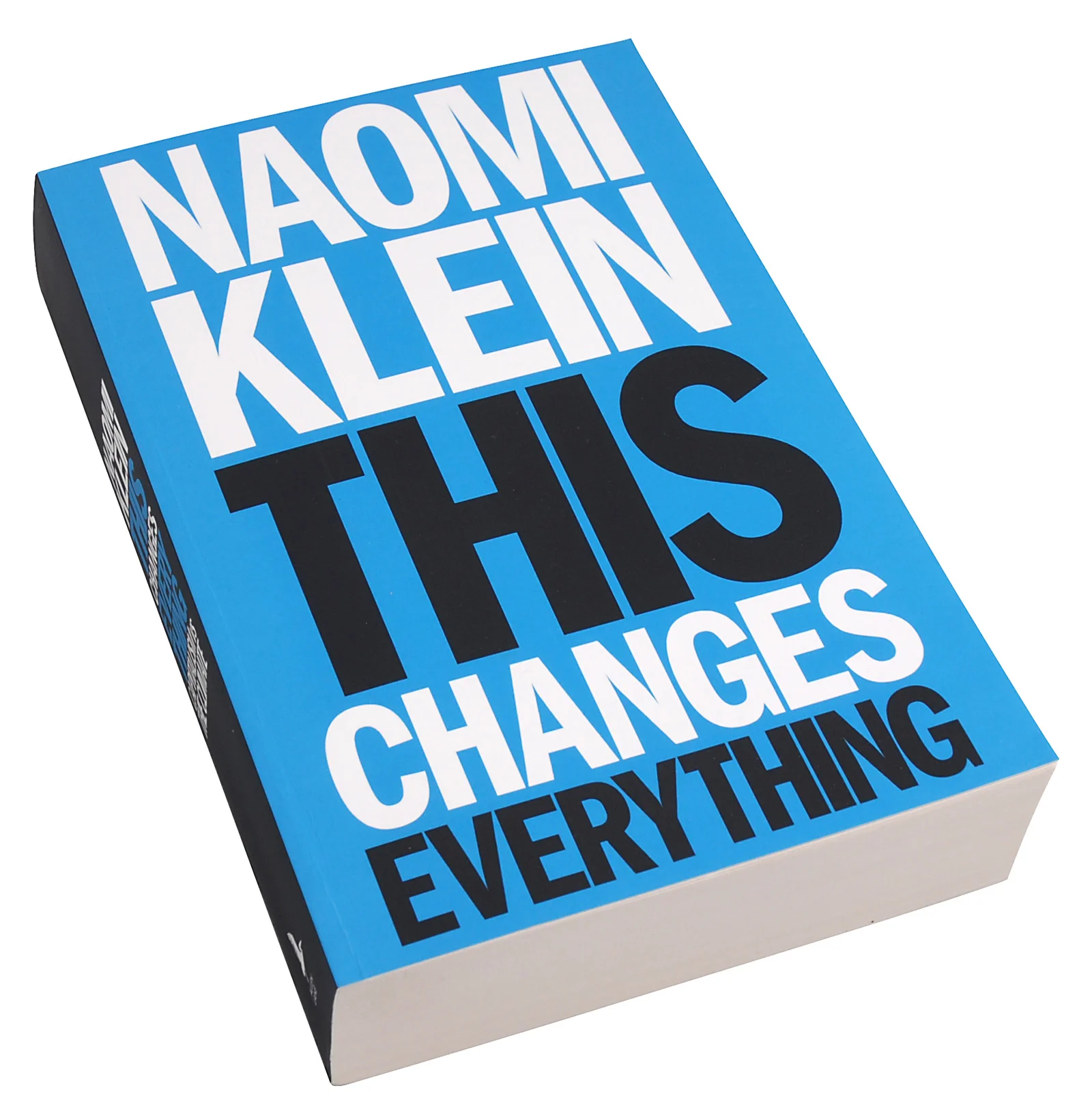The world without us - by Alan Weisman
I started this book without knowing too much about its content, except that it would describe what will happen to our world if we were all to disappear tomorrow. With this seemingly bleak outlook I started reading, and was instantly surprised by, given the premises for the book, how little troublesome it was to read.
First of all, the language is beautiful. With sentences like:
‘Unless humankind’s Faustian affair with carbon fuels ends up tipping the atmosphere past the point of no return, and runaway global warming transfigures Earth into Venus, at some unknown date glaciers will do so again.’
Weisman does a good job at describing what will remain after us, mostly underground cities. But with chapters with names like ‘Polymers Are Forever’ and ‘The Petro Patch’ it’s easy to see where we are headed. It is an environmentalist book through and through. Weisman has gone to some great lengths and apparently traveled the world in the attempt to cover all our misdeeds towards the climate.
What is most distressing however is not that the concrete will break up and New York will once again be a green canopy, but how long after the toxins we have engineered are staying in our environment. One example is PCBs (polychlorinated biphenyls) that we stopped using in the 70’s due to how animals who came in contact with it started mutating and changing gender. After remains of PCB were dug deep into the earth, that again found it’s way back into the water (spoiler: Everything finds it’s way back into the water), these toxins have now reappeared in the Arctic, where they are found in breastmilk in Innuit women, and in the fat tissues in seals and fish.
Weisman leaves us with a thought on the choice ahead — if we as a species will bring the rest of Life with us, or tear it down, with a friendly reminder that we can't really do it alone if nature isn't with us. This is, to my belief, perhaps the core of this book, how closely we are linked with nature.
If you are into in-debt explanations and a more naturalistic approach to climate change, this could well be the book for you.
Thank you for reading.


